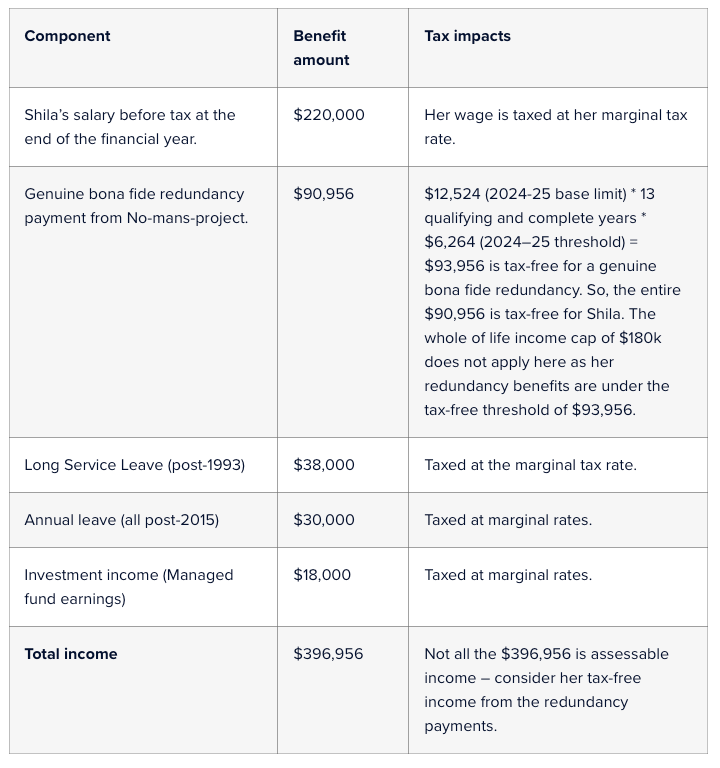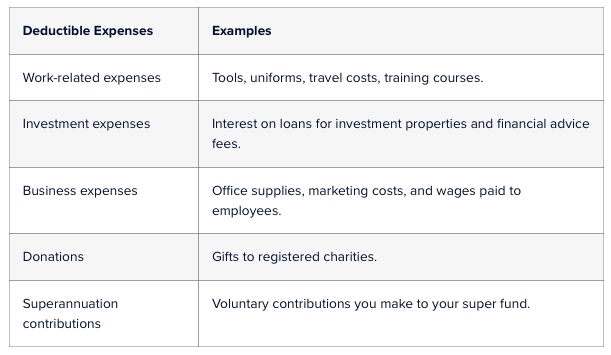Practice Update May 2018
P r a c t i c e U p d a t e
May 2018
Legislation has been passed to “clamp down” on GST evasion in the property development sector.
From 1 July 2018, purchasers of new residential premises and new residential subdivisions will generally be required to withhold the GST on the purchase price at settlement and pay it directly to the ATO.
Property developers will also need to give written notification to purchasers regarding whether or not they need to withhold.
The new obligations are primarily aimed at ending the practice of some developers collecting GST on new properties before dissolving their business prior to remitting such tax to the ATO.
Continued ATO focus on holiday home rentals
The ATO has recently advised that they are “setting their sights on the large number of mistakes, errors and false claims made by rental property owners who use their own property for personal holidays”.
While it confirms that the private use of holiday homes by friends and family is entirely legitimate, the ATO states that such use reduces a taxpayer’s ability to earn income from the property, and therefore impacts on (i.e., reduces) the amount of claimable deductions.
As a result, the ATO has reminded holiday home owners that:
q They can only claim deductions for a holiday home with respect to periods it is genuinely available for rent.
q They cannot place unreasonable conditions on prospective tenants/renters, set rental rates above market value, or fail to advertise a holiday home in a manner that targets people who would be interested in it and still claim that the property was genuinely available for rent.
q Where a property is rented to friends or relatives at ‘mates rates’, they can only claim deductions for expenses up to the amount of the income received.
q Property owners whose claims are disproportionate to the income received can expect greater scrutiny from the ATO.
Get ready for Single Touch Payroll
Single Touch Payroll (or 'STP') is mandatory for 'substantial employers' (being those with 20 or more employees) from 1 July 2018.
All employers are required to count the number of employees on their payroll on 1 April 2018 to find out if they are a substantial employer (note that this can be done after 1 April, but they need to count the employees who were on their payroll on 1 April).
They must count each employee (not the full time equivalent), including full-time, part-time and casual employees, as well as those employees based overseas or absent or on leave (paid or unpaid).
Employers that are part of a company group must include the total number of employees employed by all member companies of the wholly-owned group.
However, employers don't have to include the following in the headcount:
n any employees who ceased work before 1 April;
n casual employees who did not work in March;
n independent contractors;
n staff provided by a third-party labour hire organisation;
n company directors or office holders; or
n religious practitioners.
Note that, although directors, office holders and religious practitioners are not included in the headcount, if the employer starts reporting through STP, the payment information of these individuals will need to be reported (because the payments are subject to withholding and are currently reported in the Individual non-business payment summary ).
Employers don't need to send the ATO the headcount information, but they may want to keep a copy for their own records.
Once an employer becomes a substantial employer, they will need to continue reporting through STP even if their employee numbers drop to 19 or less (unless they apply for and are granted an exemption).
Editor: Please contact our office if you need any assistance regarding the new STP regime.
Employee denied deductions for work-related expenses
An employee photographer has been denied deductions for travel expenses (when travelling with his family), and other purported work related expenses.
The AAT held that the travel expenses were primarily incurred for the purposes of a family trip or holiday and were therefore non-deductible, as they were private and domestic in nature.
Also, in relation to the taxpayer's reliance on bank statements in the absence of invoices and receipts, the AAT observed that “evidence of the mere transfer of funds, be it by way of bank transfer or by any other means, is not sufficiently informative of the actual character of an expense", so the other disputed expenses could not be claimed as allowable deductions.
New FBT rates for the 2018/19 FBT year
Editor: The ATO has released Taxation Determinations setting out the following rates for the FBT year commencing on 1 April 2018.
FBT: Benchmark interest rate
The benchmark interest rate for the 2018/19 FBT year is 5.20% p.a., which is used to calculate the taxable value of:
u a loan fringe benefit; and
u a car fringe benefit where an employer chooses to value the benefit using the operating cost method.
Example
On 1 April 2018, an employer lends an employee $50,000 for five years at an interest rate of 5% p.a., with interest being charged and paid 6 monthly, and no principal repaid until the end of the loan.
The actual interest payable by the employee for the current year is $2,500 ($50,000 × 5%). The notional interest, with a 5.20% benchmark rate, is $2,600.
Therefore, the taxable value of the loan fringe benefit is $100 (i.e., $2,600 – $2,500).
FBT: Cents per kilometre basis
The rates to be applied where the cents per kilometre basis is used for the 2018/19 FBT year in respect of the private use of a vehicle ( other than a car ) are:
| Engine capacity | Rate per kilometre |
| 0 – 2,500cc | 54 cents |
| Over 2,500cc | 65 cents |
| Motorcycles | 16 cents |
FBT: Record keeping exemption threshold
The small business record keeping exemption threshold for the 2018/19 FBT year is $8,552.
Editor: The ATO has also released Taxation Determinations setting out the indexation factors to value non-remote housing, and the amounts the ATO considers reasonable for food and drink expenses incurred by employees receiving a living-away-from-home allowance (LAFHA) fringe benefit, for the FBT year commencing on 1 April 2018.
Please Note: Many of the comments in this publication are general in nature and anyone intending to apply the information to practical circumstances should seek professional advice to independently verify their interpretation and the information’s applicability to their particular circumstances.


